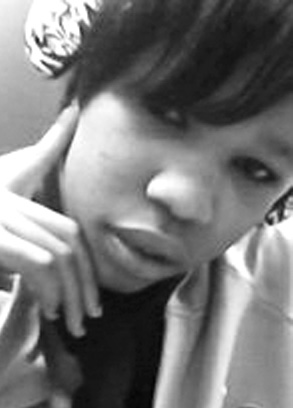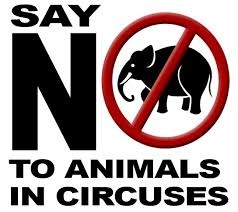
The omnipresence of drug use in today’s youth

How does one begin to write a topic on how the Namibian youth have become increasingly indulgent in illicit drug use without the fear of running down the street, escaping the clutches of death from mob justice.
Nevertheless, I had a very interesting conversation with an old friend of mine about the environment of substance abuse in the society and how it has escalated from closed-circles of illicit drug users to a much more wider variety of people engaging in the use of drugs. This means, you could literally walk down the street and out of every five people you see, say for example three out five of those individuals would be a drug user.
The thought of this filled me with a lingering sense dread, and of course my journalistic instincts to doubt all sources of information without factual evidence kicked in. First, I analysed this as a primary source, my observations of the clandestine activities of young people started out in university. This is where most people become introduced to recreational drugs which are substances taken for enjoyment, or leisure purposes, rather than for medical reasons.
It’s the birth of what popular culture terms as “chill sessions”. The alcohol flowed like sewage waste in Kalkrand and the oxygen became impregnated with the lingering smell of marijuana without fail on a daily basis. Statically speaking, currently there is little evidence that is is reflective of the dire circumstances of drug abuse in young people.
However, statistics revealed by the Ministry of Health and Social Services disclosed that 80% of 14 and 15 year old school going children consume alcohol at a high rate, and other organisations such as Teenagers Against Drug Abuse (TADA) revealed that 17% of teenagers admit to abusing drugs and alcohol and blamed the mushrooming of shebeens to this.
It is evident that there has been a substantial increase in the abuse of substance among the youth, however instead of allocating blame on specific institutions in society, maybe the society should look into a phrase I recently coined which is ‘the regulation of destructive behaviour”.
No, really, maybe if we weren’t so hell bent on ostracising, arresting and frowning upon every smoked up turtle paced pothead we could regulate their behaviour through the inception of knowledge before imparting judgement.
This could start at a grass root level, from upper primary school, where kids don’t only receive the intimidating ‘usual police visits’ on drug abuse which is meant to scare them rather then educate them, authorities have always made my palms sweaty.
I think its time Namibians introduce in-depth syllabuses on the different types of drugs and the effects they have on the human body, both physically and mentally.
After hearing about the prolonged cases of depression, paranoia, schizophrenia, and eventually death, it’ll be abundantly clear that drugs only take them to a hell that is disguised as heaven.











































